SUMMARY
This is AI generated summarization, which may have errors. For context, always refer to the full article.
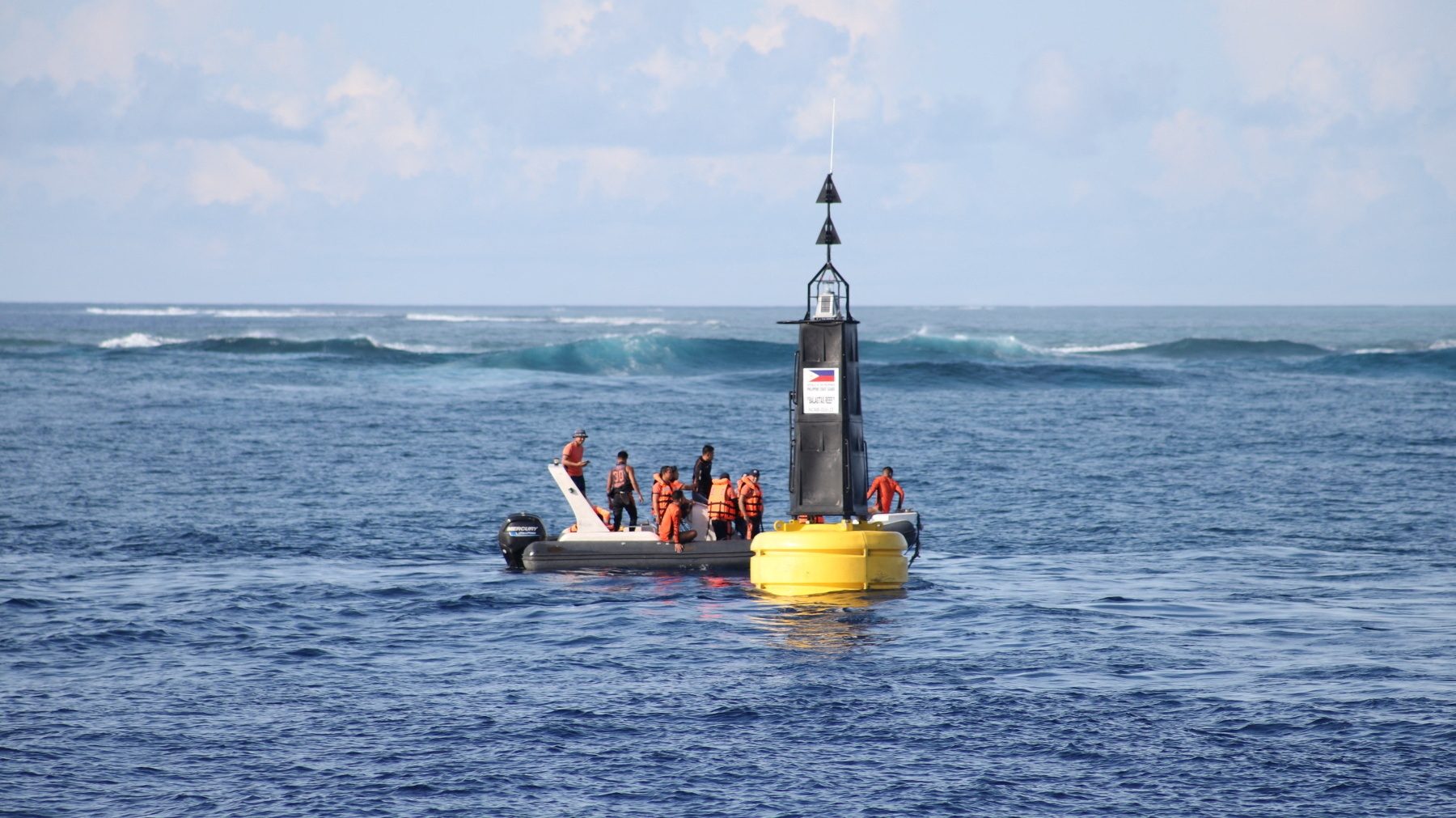
MANILA, Philippines – The country’s National Security Policy under President Ferdinand Marcos Jr. was crafted to ensure Philippine stability amid external threats, National Security Council (NSC) Assistant Director General Jonathan Malaya said on Tuesday, August 15.
“This is the guiding document to ensure that our country is stable, especially at a time when there are lot of external threats,” Malaya said in an interview with DWPM.
Marcos approved the adoption of the National Security Policy (NSP) 2023-2028 through Executive Order No. 7 on August 10, days after Chinese Coast Guard vessels and Chinese military militia blocked and pointed water cannons at Philippine boats en route to Ayungin Shoal for a resupply mission.
Malaya said China’s constant incursions in the West Philippine Sea, or parts of the South China Sea within the Philippines’ exclusive economic zone, was certainly a factor in creating the Marcos administration’s security policy.
“It’s providential for us to have this kind of document given the changing strategic environment in our country,” added Malaya.
Other external threats listed in the document, uploaded on the NSC site, include tensions in the Taiwan Strait and the Korean peninsula, and Russia’s war against Ukraine.
In contrast, the previous administration led by Rodrigo Duterte put a premium on internal threats. The Duterte administration’s core policies included a ruthless “war on drugs,” and relentless red-tagging on supposed Communist Party members, among others.
What threats?
Marcos had referred to geopolitical issues in the Indo-Pacific as “the most complicated geopolitical situation in the world.”
Closest to Philippine shores – literally – is the West Philippine Sea. China has a sweeping claim over the South China Sea, despite a 2016 ruling that quashed this argument.
Ayungin Shoal, where a World War 2-era ship serves as the Philippines outpost, is within the country’s exclusive economic zone, for instance. Yet China claims it as its own.
On the West Philippine Sea, document stated: “The divergences of claims, as well as the claimants’ methods of asserting their positions, continue to pose strategic challenges, endangering not only the country’s territorial integrity, but also the Filipino people’s exercise of legitimate rights and their safety and well-being.”
Sino-Philippine ties improved under Rodrigo Duterte, who promised a “pivot” to China. At the same time, Duterte moved Manila further away from treaty-ally Washington.
Things have changed rapidly under Marcos. While still keeping close ties with China, Marcos has reestablished and stepped up ties with the US – opening four more bases to American boots through the Enhanced Defense Cooperation Agreement (EDCA) and establishing bilateral defense guidelines for the two nations.
The Philippines and US have a decades-old Mutual Defense Treaty, meaning one country may call on another in case of attack. The US has said that this covers attacks in the South China Sea, too.
In relation to Taiwan, the security policy document said, “The Philippines is concerned about its economic stability, a potential influx of refugees, and the welfare of overseas populations.”
“Any military conflict in the Taiwan Strait would inevitably affect the Philippines given the geographic proximity of Taiwan to the Philippine archipelago and the presence of over 150,000 Filipinos in Taiwan,” it added.
Beijing’s ambassador to Manila had drawn flak for his unsolicited “advice” for the Philippines to stay away from the China-Taiwan conflict, citing the number of Filipinos working in Taiwan. Marcos had downplayed these remarks.
EDCA, which allows the US to preposition equipment and construct facilities inside Philippine military bases, involves sites that would give Americans greater access to the West Philippine Sea, Sulu Sea, and Taiwan.
Malaya said the government will also be crafting a National Security Strategy, which spells out how the policy would be implemented, depending on each government agency. – Rappler.com
Add a comment
How does this make you feel?




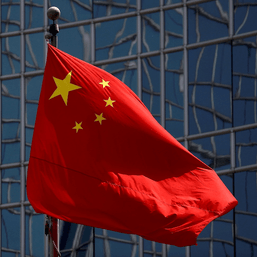



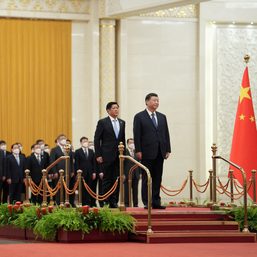


![[OPINION] A comprehensive global health network must include Taiwan](https://www.rappler.com/tachyon/2024/06/global-health-network-taiwan-june-7-2024.jpg?resize=257%2C257&crop_strategy=attention)
![[ANALYSIS] How the Philippines should pursue relations with Taiwan under William Lai](https://www.rappler.com/tachyon/2023/10/william-lai_TAIWAN-POLITICS.jpg?resize=257%2C257&crop=0px%2C0px%2C1467px%2C1467px)
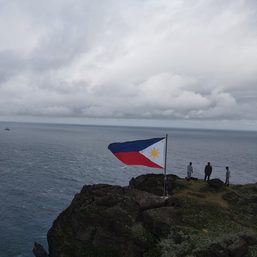
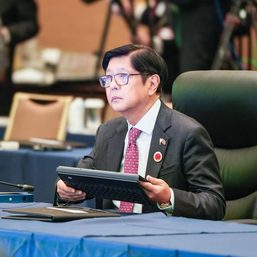


There are no comments yet. Add your comment to start the conversation.